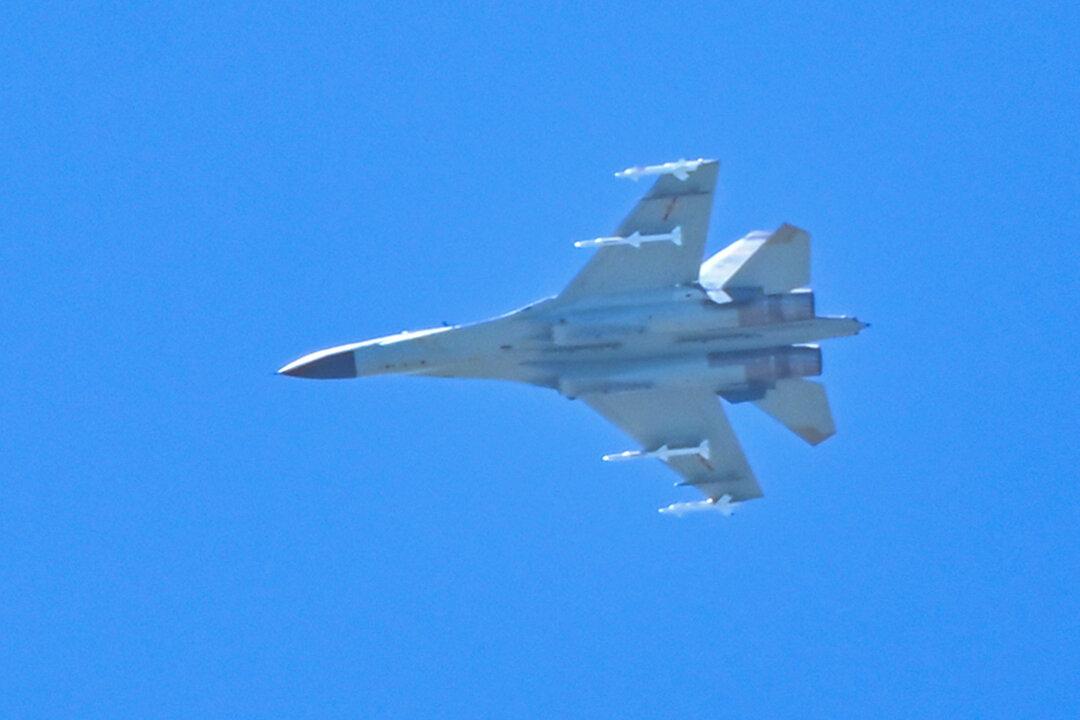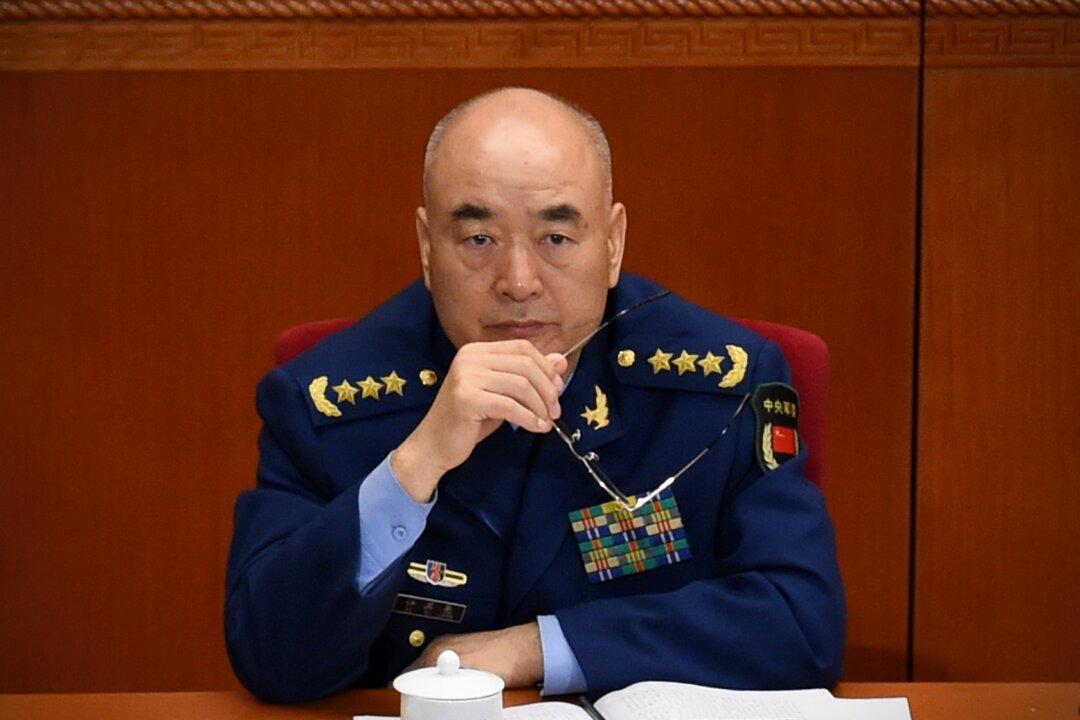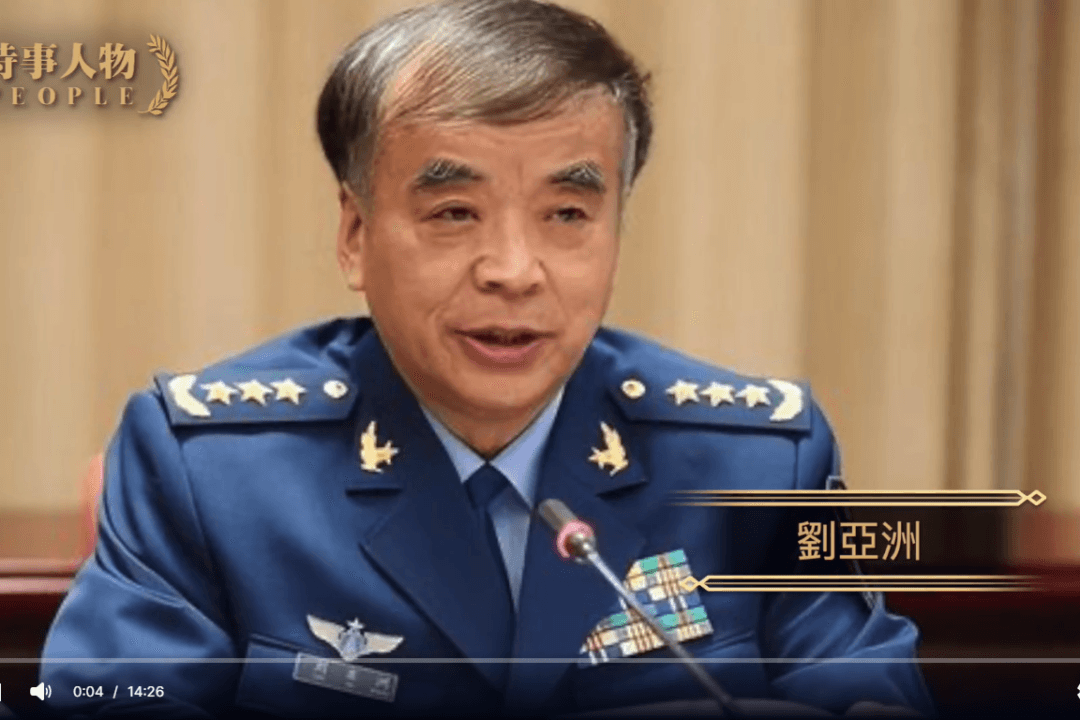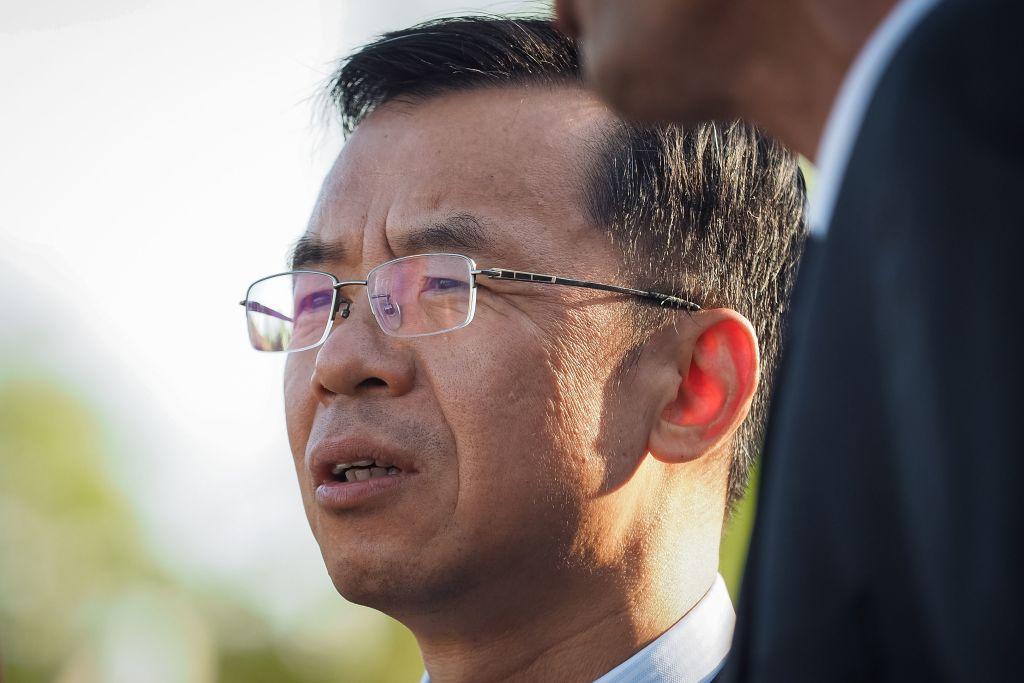In the early morning of July 1, China’s top artificial intelligence expert, Feng Yanghe, died at the age of 38 in what the Chinese state media reported as a “traffic accident.”
Reports of Mr. Feng’s death were viewed by hundreds of millions of people on Chinese social media, and many questioned the details of the tragic accident. According to the Chinese state media, Mr. Feng was traveling home in a military limousine after attending an important meeting in Beijing, and the vehicle rear-ended a truck, severely injuring the driver and killing Mr. Feng.




